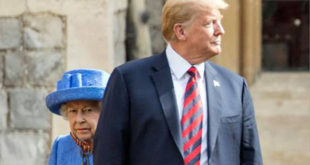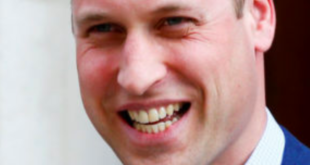Clement Pulaski
Daily Stormer
July 23, 2013

Yesterday it was announced that the Duke and Duchess of Cambridge have been blessed with their first child. While this was the cause of nearly universal celebration, there was some disappointment that the Duchess had given birth to a boy, and not a girl. Writing in the Daily Mail, Robert Hardman explains:
How the times have changed. When Prince Charles was born 65 years ago, there was national rejoicing that Princess Elizabeth’s first-born was a boy.
Indeed, when Prince William was born 34 years later, it was still the prevailing view that a male heir to the heir to the throne was preferable for the monarchy and the nation.
But now? There is, of course, universal delight that the Duke and Duchess of Cambridge are the proud parents of a healthy baby.
But there will still have been mild disappointment in certain quarters that he has not turned out to be a she.
For it was the prospect of this baby’s birth — and the possibility that it would be a girl — that led to laws dating back to 1351 being overturned to ensure that a royal girl is no longer legally inferior to a boy.
Had the little boy been a girl, she would have been the first in royal history born to be Queen. A royal daughter would have cheered the modernisers. Now, for the next three reigns at least, Britain will be singing God Save The King
Cultural Marxists talk endlessly about fairness and promoting blindness to gender, race, etc., but their true intention is to invert the natural system of values. They do not want men and women to be seen as equal, they want women to be seen as superior in every way. Traditional society gave women their own unique sphere in which they were expected to excel men, but in the modern world men, especially white, Christian men, are to be treated as inferior in every area of life.
But despite the unfortunate gender of the child, Mr. Hardman assures us that the constitutional amendments were not in vain:
It will be many years before any of this makes any difference to the new royal baby.
Even so, in later life he will be able to reflect that his impending birth changed the constitutional rules and struck a modest blow for equal rights.
The irony of bringing equal rights to an institution as inherently inegalitarian as the monarchy seems to have escaped Mr. Hardman . But who knows, maybe the modernisers will yet have reason to rejoice, if it turns out that the newborn child, although physically male, grows up to identify as female. What a devastating blow to the forces of evil that would be.
 Daily Stormer The Most Censored Publication in History
Daily Stormer The Most Censored Publication in History


